China Wood Sculpture Museum – MAD – China
Architect: MAD Architects
Location: Harbin, China
Program: Museum
Site Area: 9,788 m2
Building Area: 12,959 m2
Building Length: 196 m
Building Height: 21 m
Director in Charge: Ma Yansong, Dang Qun
Design Team: Yu Kui, Daniel Gillen, Bas van Wylick, Diego Perez, Jordan Kanter, Huang Wei, Julian Sattler, Liu Weiwei, Tang Liu, Mao Peihong, Maria Alejandra Obregon, Nickolas Urano, Gus Chan, Shin Park, Alejandro Gonzalez
Associate Engineers: The Architectural Design and Research Institute of Harbin Institute of Technology
Curtain Wall Consultant: Inhabit Group
Panel Optimization: Gehry Technologies
Steel Structure Contractor: Zhejiang Jing Gong Steel Structure Co. Ltd.
Appearing so evident amidst a thriving metropolitan district of Harbin, China, spanning 200 meters in length, the China Wood Sculpture Museum sits as a locational anomaly, seemingly out of place, surrounded by a densely populated Chinese-style neighborhood and residential complexes. The museum embodies some of the foremost conceptual and formal ideals that define the work of MAD, bringing out an expression and abstraction of nature to an otherwise quotidian surrounding. The boundaries between solid and liquid are blurred throughout this 13,000 sqm building, referencing the local natural scenery and landscape.
The building’s exterior is covered by polished steel plates, mirroring the surroundings and the changing light. The solid walls ensure minimal heat loss while the breaking and twisting motion of the emerging skylights splits the surface and allows in light from the low-hanging sun of northern China; this provides sufficient natural diffused illumination to the three halls on the interior.
The museum mainly houses local wood sculptures as well as paintings depicting the ice and snow of the regional scenery. In the context of the large-scale modern urban setting, the museum itself serves as a new interpretation of nature. The surreal interaction between the museum and the city breaks through the tedium of the urban shell, revitalizing the surroundings with a new cultural feature.
- China Wood Sculpture Museum – MAD – China
- China Wood Sculpture Museum – MAD – China
- China Wood Sculpture Museum – MAD – China
- China Wood Sculpture Museum – MAD – China
- China Wood Sculpture Museum – MAD – China
- China Wood Sculpture Museum – MAD – China
- China Wood Sculpture Museum – MAD – China
- China Wood Sculpture Museum – MAD – China
- China Wood Sculpture Museum – MAD – China
- China Wood Sculpture Museum – MAD – China
- China Wood Sculpture Museum – MAD – China
- China Wood Sculpture Museum – MAD – China
- China Wood Sculpture Museum – MAD – China
- China Wood Sculpture Museum – MAD – China
- China Wood Sculpture Museum – MAD – China
- China Wood Sculpture Museum – MAD – China
- China Wood Sculpture Museum – MAD – China
- China Wood Sculpture Museum – MAD – China

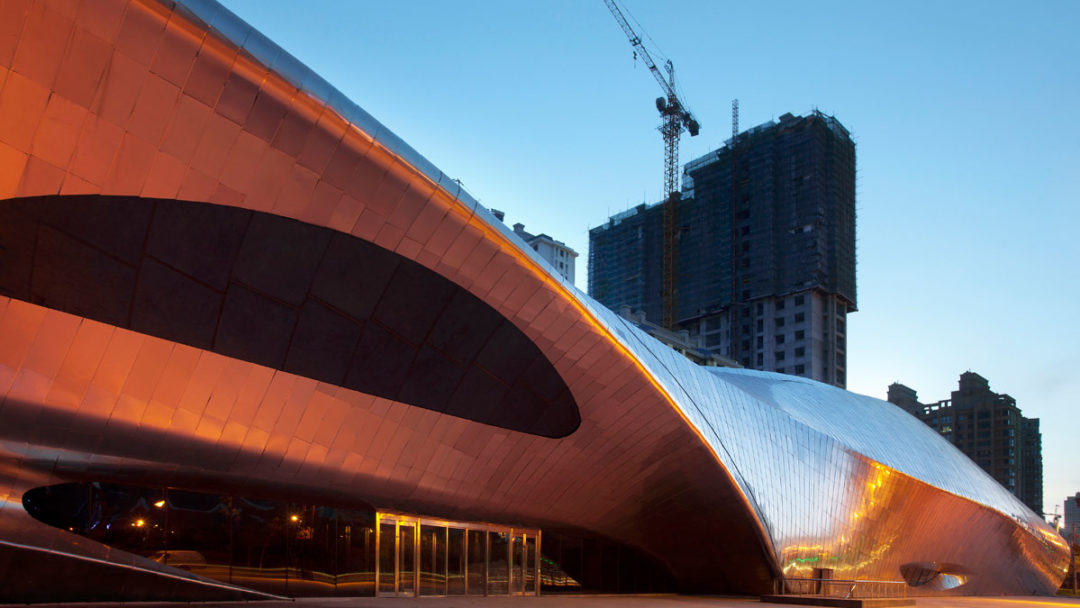
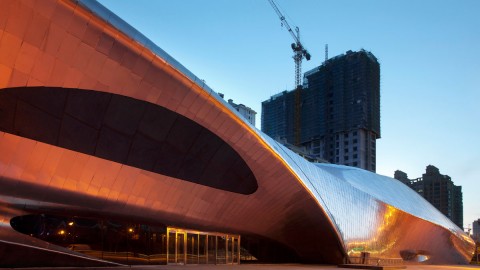

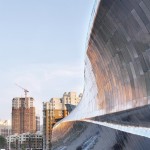
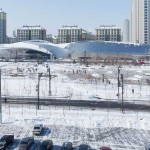
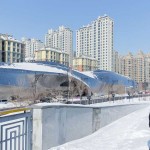



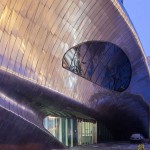
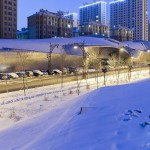
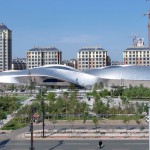
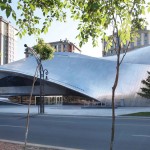
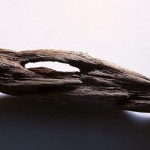
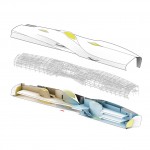
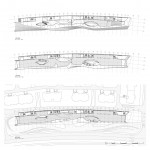

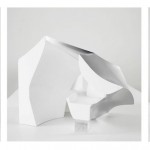
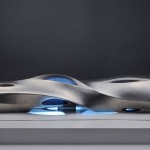
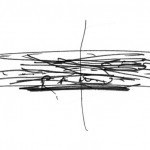


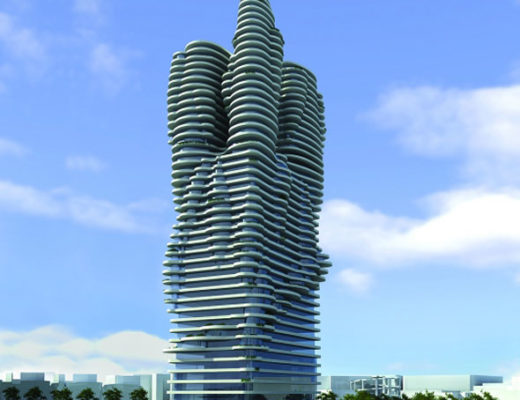
No Comments